Inulin belongs to a class of carbohydrates called fructans. Fructans act as prebiotics that boost gastrointestinal health and reduce constipation. Inulin promotes bone health by enhancing calcium absorption and lowering the risk of atherosclerosis by reducing blood triglyceride levels.
Keep reading to find out what the best food sources of inulin to add to your diet are.
Artichoke
The Jerusalem artichoke, also called earth apple or Jerusalem artichoke, is a plant from the Asteraceae family that has numerous health benefits. From 14 to 19% of its weight consists of inulin fiber. Artichokes provide about 2 g of dietary fiber per 100 g, 76% of which comes from inulin. It can be consumed both raw and ready. The artichoke helps strengthen the immune system and prevents the onset of metabolic diseases.
Chicory root

Chicory root is one of the main sources of inulin fiber - from 15 to 20% of its weight. It is often used as a substitute for coffee. The inulin contained in chicory root promotes the health of the intestinal microflora, fights irregular digestion and helps break down fats.
Garlic
Garlic is a very tasty herb with various health benefits. About 11% of the fiber content in garlic comes from inulin and 6% from natural prebiotics called fructooligosaccharides. Garlic is effective for reducing the risk of cardiovascular disease. It also has antioxidant, anti-cancer and antimicrobial effects.
Onions
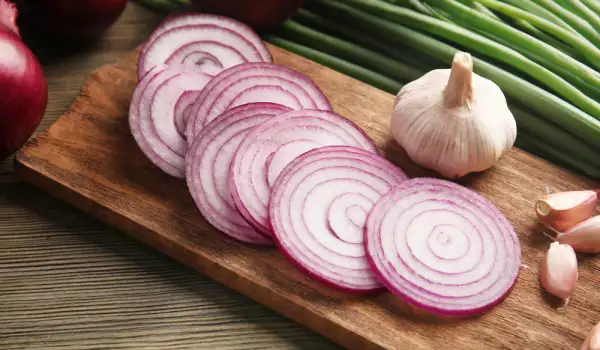
Onion is a very tasty and healthy vegetable. Like garlic, inulin is 10% of the total fiber content in onions, while fructo-oligosaccharides make up about 6%. Onions are also rich in quercetin, a flavonoid with antioxidant and anti-cancer properties. In addition, it has an antibiotic effect and can improve the condition of the cardiovascular system.
Asparagus

Asparagus is another popular vegetable, a great source of prebiotics. The content of inulin is about 2-3 g per 100 g of asparagus. Consuming asparagus promotes healthy bacteria in the gut microflora and may help prevent some types of cancer.
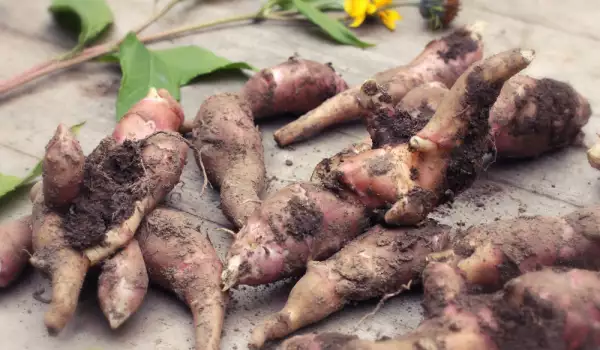



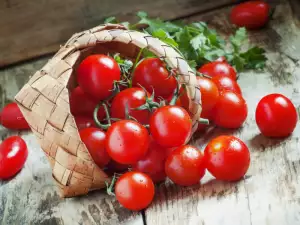



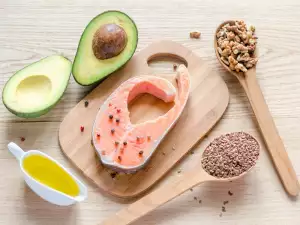
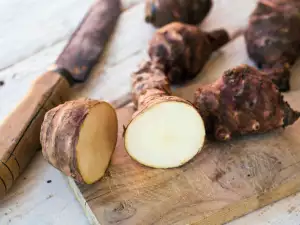

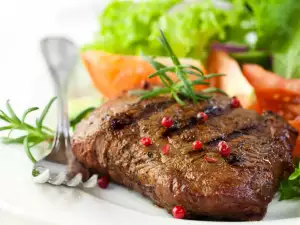
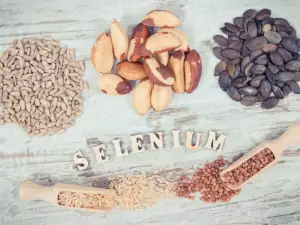
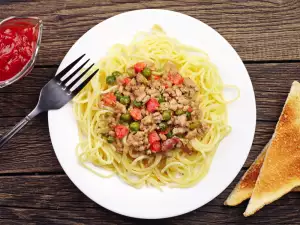






Comments